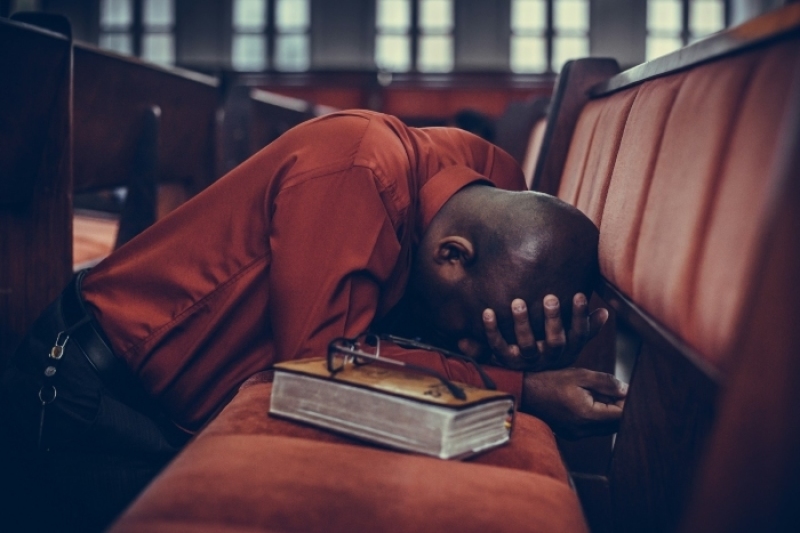
Religious freedom experts from around the world recently convened in Berlin, Germany, to discuss concerns about the increasing intolerance faced by people of faith in Europe and North America.
This meeting was held in association with the International Ministerial Conference on Freedom of Religion or Belief, which gathered representatives from 38 member states of the International Religious Freedom or Belief Alliance (IRFBA) on October 10.
The member countries of the IRFBA include the U.S., U.K., Germany, Australia, Albania, Armenia, Austria, Bosnia and Herzegovina, Brazil, Bulgaria, Cameroon, Colombia, Costa Rica, Croatia, Cyprus, Czech Republic, Democratic Republic of the Congo, Denmark, Estonia, Gambia, Georgia, Greece, Hungary, Israel, Kosovo, Latvia, Lithuania, Malta, Netherlands, Norway, Poland, Romania, Senegal, Sierra Leone, Slovakia, Slovenia, Togo, and Ukraine.
The gathering was co-organized by the Commission of the Catholic Bishops' Conferences of the European Union, the Hungarian State Secretariat for the Aid to Persecuted Christians, and the Religious Freedom Institute based in Washington, D.C.
Anja Hoffmann, executive director of the Observatory on Intolerance Against Christians in Europe and a co-organizer of the event, warned that the hostile climate is causing many believers to conceal their beliefs.
She stated, “It is very worrying that the peaceful expression of personal religious beliefs on matters relating to marriage and family has become the potential end of a political career or employment, or even the beginning of a court case.” Hoffmann noted that “this is a serious threat to religious freedom and leads to widespread self-censorship among traditional believers in the West.”
The Religious Freedom Institute echoed these concerns, stating, “The institutions that monitor and advance religious freedom in the EU and around the world have come together in response to a common concern: religious believers in the West are increasingly being targeted, marginalized, and sometimes even prosecuted for peacefully expressing their traditional religious convictions about family, marriage, and human nature.” They further emphasized that “this problem must be addressed to safeguard the pluralistic societies of Western democracies.”
José Luis Bazán from the Catholic Bishops' Conferences of the European Union (COMECE) described the current situation as "polite persecution," which he explained as policies and legislation, along with social pressure, that undermine Christians' ability to express and live according to their moral and religious principles in contemporary liberal societies.
The meeting also highlighted instances of Western nations attempting to impose liberal ideologies on other countries. Marcela Szymanski, a member of the IRFBA Council of Experts and representative of Aid to the Church in Need, noted that Global South countries could face material punishment if they implement local measures contrary to prevailing beliefs in Western nations or if they do not agree to ideological conditionality clauses.
David Trimble, president of the Religious Freedom Institute, expressed concern over pervasive efforts in the West to marginalize and eliminate fundamental truths about God, the family, and human sexuality that are central to the Abrahamic faith traditions. He remarked, “When accommodation means the unwillingness to recognize these enduring truths, then freedom of religion for all is no longer freedom of religion at all.”
The organizers also submitted a declaration to the IRFBA member states, requesting that they affirm religious freedom for all, including those with traditional views on marriage, family, and human nature.



















